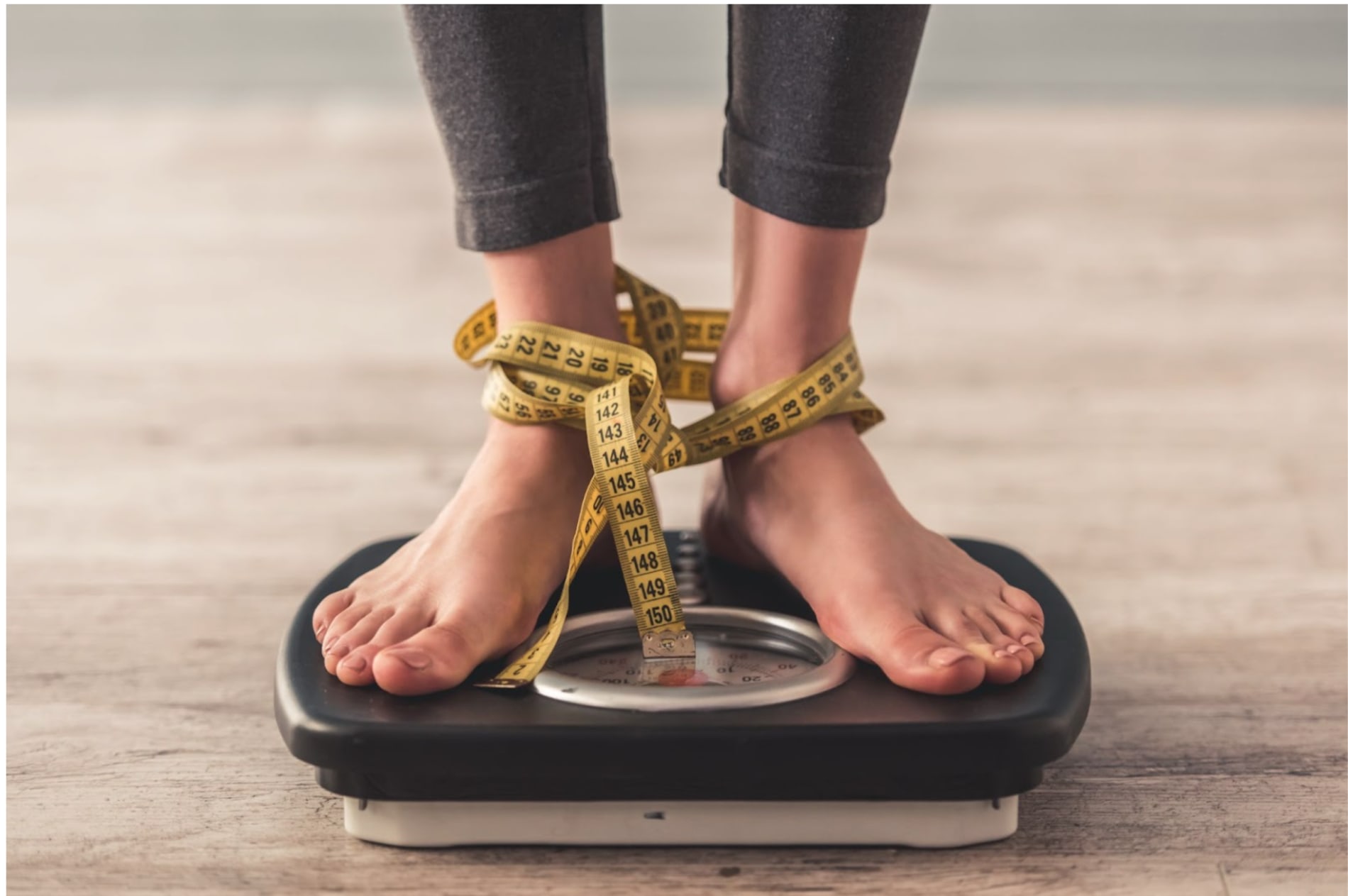
Read the Charter of Independence here.
BY FAE GEHREN
A multinational investigation of larger bodied adults across six countries, including Australia, found that two thirds of participants in each country reported experiencing weight stigma from doctors.
Another study reports that larger bodied individuals identify doctors as one of the most common sources of weight stigma.
But what is weight stigma and why is it important?
The National Eating Disorders Collaboration defines weight stigma as discrimination based on a person’s body weight and size.
A policy review found healthcare providers can display a lack of respect for larger bodied patients, stemming from the belief that they are lazy or unmotivated.
The article details how these beliefs lead to less time spent with patients in larger bodies and reluctance to build rapport, or perform certain health screenings.
The effects of these discriminations ripple across patient experience and quality of care.
Firstly, research shows that disrespect towards patients often manifests as unsolicited advice to lose weight, even when seeking help for an unrelated problem, and inappropriate or demeaning comments about their size.
On top of this, health care offices often do not have adequately sized medical equipment, such as high-capacity scales, wide-based chairs, or properly sized gowns and blood pressure cuffs.
This not only makes treatment more difficult, but also increases the atmosphere of shame and stigmatisation within the medical community.
As a result, people in larger bodies report lower trust in their health care providers, greater instability due to switching doctors, and intentions to avoid seeking medical treatment or getting routine check-ups. While this affects their ability to access quality care and may lead to worsening conditions, it also has a profound impact on their psychological wellbeing.
Research suggests that weight stigma and the harm it causes have worsened over time, to the extent that it is now recognised as a global health issue.
Health at Every Size (HAES) is a not-for-profit organisation that seeks to challenge this deeply embedded stigma and improve medical care for people in larger bodies. They aim to do so by shifting our understanding of health to a more holistic, weight-neutral approach.

Bronwyn, who did not want her surname used, is a volunteer for the HAES Australia advocacy group. She shares her experiences of weight stigma in healthcare.
As an early teen, Bronwyn was sent to a number of weight management specialists. This involved being weighed at every appointment and undergoing frequent blood tests to screen for any underlying medical issues.
These blood tests continually came back with no issues. Despite this, these doctors were fixated on Bronwyn’s weight and “couldn’t see the person in front of them”, she says.
“It was just about my body size, that's what it was. That was the immediate presenting problem. So that was the problem to be fixed,” she said.
Bronwyn says she felt the worst about herself after these appointments, but she says she “didn’t have a doctor actually checking in” with how she was feeling.
Through these experiences, Bronwyn says she “definitely grew up knowing that being in a larger body was not a good thing”. This was the message she received from medical professionals and societal stigma.
These repeated messages and negative experiences pushed Bronwyn to avoid seeing a doctor unless absolutely necessary.
“The whole concept of self-care, of preventative medicine, you know it being part of just being something you do to look after yourself – that was not even on my radar,” she said.
Bronwyn says she’d never experienced “the idea that doctors were caring people”.
Bronwyn also spoke out about the ‘healthist approach to body size’, and the damage in putting perceived health before basic principles of human rights.
Instead of health, Bronwyn suggests that ensuring “people are treated with kindness and respect and have agency and access to services” should be at the forefront of our medical system.
In finding HAES, Bronwyn experienced a ‘total paradigm shift’.
“It makes such a difference to feel like I’ve got health professionals who I can go to who will see me as a person, who will treat me with respect,” Bronwyn said.
She explained this trust is built on “everything from how I’m treated when I walk in the door to, you know, seating that doesn’t have arms, to not seeing posters up in a doctor’s surgery about you know whatever weight loss program it is they’re recommending”.
She describes finally feeling ‘safe’ when she goes to her practitioners now.
HAES is leading the way forward in education, policymaking and community building to end weight stigma, see their website for more.